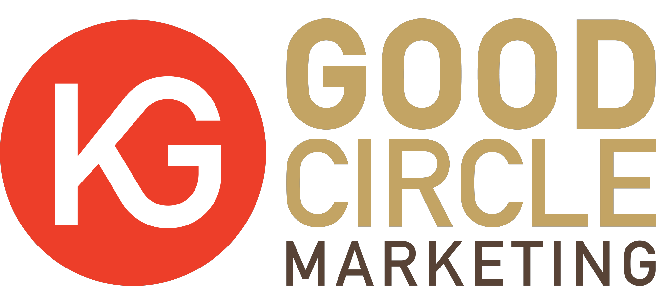Mastering Google Ads: Weekly Campaign Management Tasks
Google Ads is an incredibly powerful advertising platform that allows businesses to reach their target audience, drive traffic, and increase conversions. However, to maximize the effectiveness of your campaigns, you need to consistently manage and optimize them. Below are weekly tasks required even for the smallest of campaigns:
Review Campaign Performance
The first step in your weekly Google Ads routine is to review your campaign’s performance. Take a deep dive into your key metrics, including click-through rates (CTR), conversion rates, cost per click (CPC), and overall spend. Identify which campaigns, ad groups, and keywords are performing well and which ones need improvement.
Adjust Budgets
If you have daily or monthly budget limits, ensure that you’re on track to meet your goals. For accounts with multiple campaigns, but one budget, allocate more budget to top-performing campaigns and ad groups while reducing spending on underperforming ones.
Negative Keyword Management
Review your search query reports to identify irrelevant or costly search terms that triggered your ads. Add these as negative keywords to prevent your ads from showing for these terms in the future. This can help improve the overall quality of your traffic.
A/B Testing
Regularly test different ad creatives and landing pages to discover which combinations yield the best results. Create multiple ad variations within ad groups and analyze their performance to refine your messaging and design.
Ad Schedule and Device Adjustments
Review data on when and on which devices your ads perform best. Adjust ad schedules and device targeting settings accordingly to focus your budget on the most profitable times and devices.
Ad Extensions
Evaluate the performance of ad extensions like callouts, site link extensions, and structured snippets. Make updates to extend your ad’s visibility and make it more engaging for users.
Ad Copy Refinement
Continually refresh and refine your ad copy. Test different ad headlines and descriptions to discover what resonates most with your target audience. Don’t forget to emphasize unique selling points and strong calls to action.
Conversion Tracking
Ensure that your conversion tracking is set up correctly and is recording all relevant actions, such as form submissions, purchases, or calls. This data is crucial for optimizing your campaigns and assessing ROI.
Competitor Analysis
Keep an eye on your competitors’ ads and strategies. If you notice new entrants or changes in their ad copy or keyword focus, consider adjusting your campaigns to maintain a competitive edge.
Consistent, proactive management of your Google Ads campaigns is essential for achieving optimal results and ROI. By dedicating time each week to these tasks, you can refine your ad strategy, improve performance, and stay ahead of the competition. Remember that Google Ads is an evolving platform, so staying informed about the latest features and best practices is equally important. With diligent weekly management, you’ll be well on your way to Google Ads success.
If you’re ready to get started, we’re here to help. Reach out to us!
